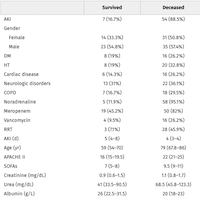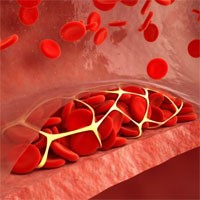The Relationship of Delirium, Sedation, Dementia, and Acquired Weakness
journals.lww.com
The advent of modern critical care medicine has revolutionized care of the critically ill patient in the last 50 years. The Society of Critical Care Medicine (was formed in recognition of the challenges and need for specialized treatment for these fragile patients.
As the specialty has grown, it has achieved impressive scientific advances that have reduced mortality and saved lives. With those advances, however, came growing recognition that the burden of critical illness did not end at the doorstep of the hospital. Delirium, once thought to be a mere by-product of critical illness, was found to be an independent predictor of mortality, prolonged mechanical ventilation, and long-lasting cognitive impairment.
Similarly, deep sedation and immobility, so often used to keep patients “comfortable” and to facilitate mechanical ventilation and recovery, worsen mortality and lead to the development of ICU-acquired weakness.
The realization that these outcomes are inextricably linked to one another and how we manage our patients has helped us recognize the need for culture change.
We, as a specialty, now understand that although celebrating the successes of survival, we now also have a duty to focus on those who survive their diseases.















